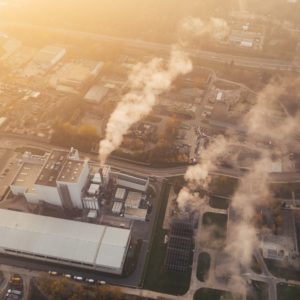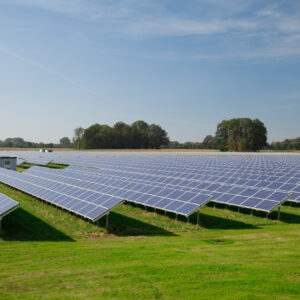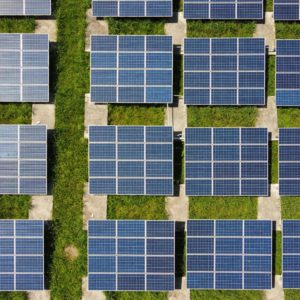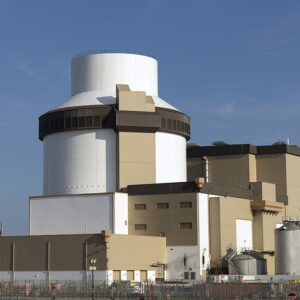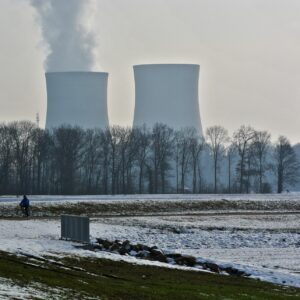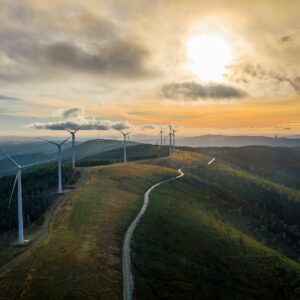As we step into 2024, these three climate solutions are ready to create pathways to lower emissions and promote economic development.
Author: Jeff Luse
How Free Trade Helps the Environment
Rather than increasing costs for clean technologies and adding artificial barriers for emerging markets to access industrialized ones, leaders should turn to free trade to meet the world’s economic, energy, and climate needs.
Economic Freedom: A Catalyst for Global Access to Safe Drinking Water
Economic freedom can help countries increase water access and improve lives around the world.
For More Innovation, Unleash More Economic Freedom
Accelerating and streamlining innovation globally will be best accomplished by turning away from protectionism and unleashing policies rooted in economic freedom.
Breathe Easy: Economic Freedom Freedom Provides a Breath of Fresh Air to the World
To reduce air pollution-caused deaths, the world must turn to economic freedom
COP28 Must Focus on Lowering Costs and Expanding Energy Access
Reducing financial barriers for all energy technologies and opening up free trade will help the world lower emissions and accelerate human prosperity.
Inflation’s Assault on Clean Energy
Reducing wasteful and redundant government spending and modernizing regulations will lower borrowing costs for companies and make clean energy more competitive.
Voluntary Markets, Increased Verification Offer a Better Pathway for Brazil’s Carbon Market
Voluntary carbon markets can accomplish the economic and environmental goals that policymakers and consumers want at a more competitive price.
House Energy and Commerce Moves to Unleash Nuclear Power
A more competitive nuclear industry would be good for energy security and the climate.
The Hidden Costs of Green Protectionism
Opening up trade, reducing inefficient regulations, and promoting pro-growth tax policies will allow the market to respond to consumer demands for cleaner technologies without leaving the developing world behind.
